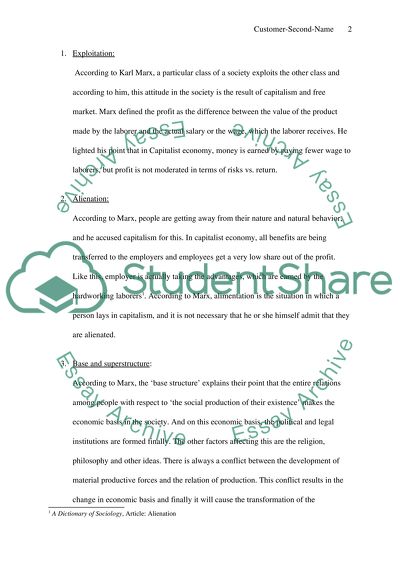Cite this document
(“Comparing Feminism and Marxism Essay Example | Topics and Well Written Essays - 2000 words”, n.d.)
Retrieved from https://studentshare.org/miscellaneous/1529859-comparing-feminism-and-marxism
Retrieved from https://studentshare.org/miscellaneous/1529859-comparing-feminism-and-marxism
(Comparing Feminism and Marxism Essay Example | Topics and Well Written Essays - 2000 Words)
https://studentshare.org/miscellaneous/1529859-comparing-feminism-and-marxism.
https://studentshare.org/miscellaneous/1529859-comparing-feminism-and-marxism.
“Comparing Feminism and Marxism Essay Example | Topics and Well Written Essays - 2000 Words”, n.d. https://studentshare.org/miscellaneous/1529859-comparing-feminism-and-marxism.


